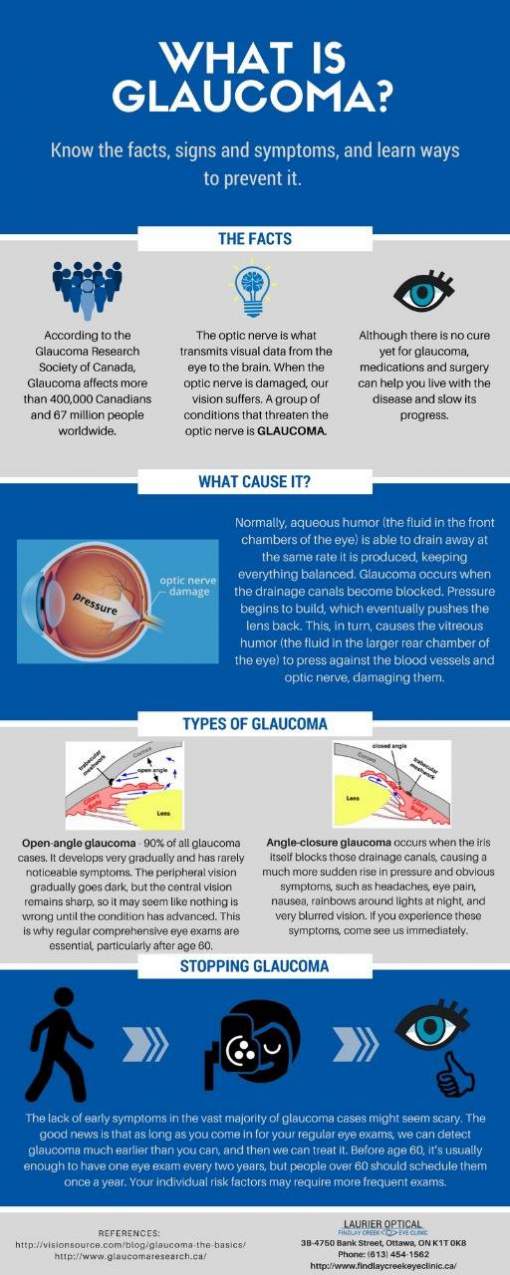The Ultimate FAQ On Refractive Lens Exchange: Everything You Need To Know
The Ultimate FAQ On Refractive Lens Exchange: Everything You Need To Know
Blog Article
Article Written By-Abildtrup Blackwell
If you're taking into consideration refractive lens exchange, you probably have a great deal of concerns. This treatment might alter exactly how you see the globe, offering advantages like lowered dependancy on glasses. However, why not try these out to understand the process, dangers, and who certifies as an excellent prospect. Allow's explore these important aspects so you can make an educated decision regarding whether RLE is right for you.
What Is Refractive Lens Exchange and Exactly How Does It Work?
Refractive lens exchange (RLE) is a procedure designed to replace your eye's all-natural lens with an artificial one, remedying vision concerns like nearsightedness, farsightedness, or presbyopia.
During the treatment, your specialist makes a little cut in the eye, removes your natural lens, and inserts an intraocular lens (IOL) tailored to your vision needs. This outpatient surgery generally takes about 15 to half an hour per eye and is performed under neighborhood anesthesia.
You'll likely notice improvements in your vision virtually quickly, though complete recovery might take a few weeks. RLE is specifically helpful for those over 40 or with high prescriptions, offering a resilient option compared to glasses or contact lenses.
Your eye care specialist can aid determine if RLE is right for you.
What Are the Benefits and Threats of Refractive Lens Exchange?
Selecting refractive lens exchange can result in significant enhancements in your vision, however it is very important to evaluate both the advantages and dangers prior to making a decision.
On the plus side, this procedure can enhance your eyesight by dealing with issues like presbyopia, nearsightedness, and hyperopia. Several patients enjoy decreased dependancy on glasses or get in touch with lenses, which can considerably enhance their lifestyle.
However, it's critical to take into consideration prospective threats. Difficulties can consist of infection, glow, or halos around lights.
There's also an opportunity of overcorrection or undercorrection, which might need additional procedures.
Who Is a Suitable Candidate for Refractive Lens Exchange?
If you're taking into consideration refractive lens exchange, it is essential to know whether you fit the profile of an ideal candidate. Normally, you may be a great prospect if you're over 40, experience presbyopia, or have high degrees of nearsightedness or farsightedness.
It's also vital that your vision is stable, suggesting your prescription hasn't changed significantly in the past year. If you have cataracts or other eye problems, you may gain from this procedure as well.
However, particular elements, like unchecked diabetic issues or autoimmune conditions, might invalidate you. To establish your candidacy, consult with an eye treatment specialist who can assess your details circumstance and advise the very best course of action tailored to your requirements.
https://refugio-nestor.blogbright.net/figure-out-how-refractive-surgical-procedure-can-transform-your-life-in-unforeseen-methods-and-discover-the-benefits-you-never-recognized-you-required , refractive lens exchange can be a transformative option for boosting your vision, particularly if you're over 40 or have a high prescription. While the benefits are significant, it's essential to evaluate the threats and speak with your eye treatment expert to figure out if you're a perfect candidate. With the appropriate info and advice, you can make an informed decision and possibly delight in a life with minimized dependancy on glasses.
